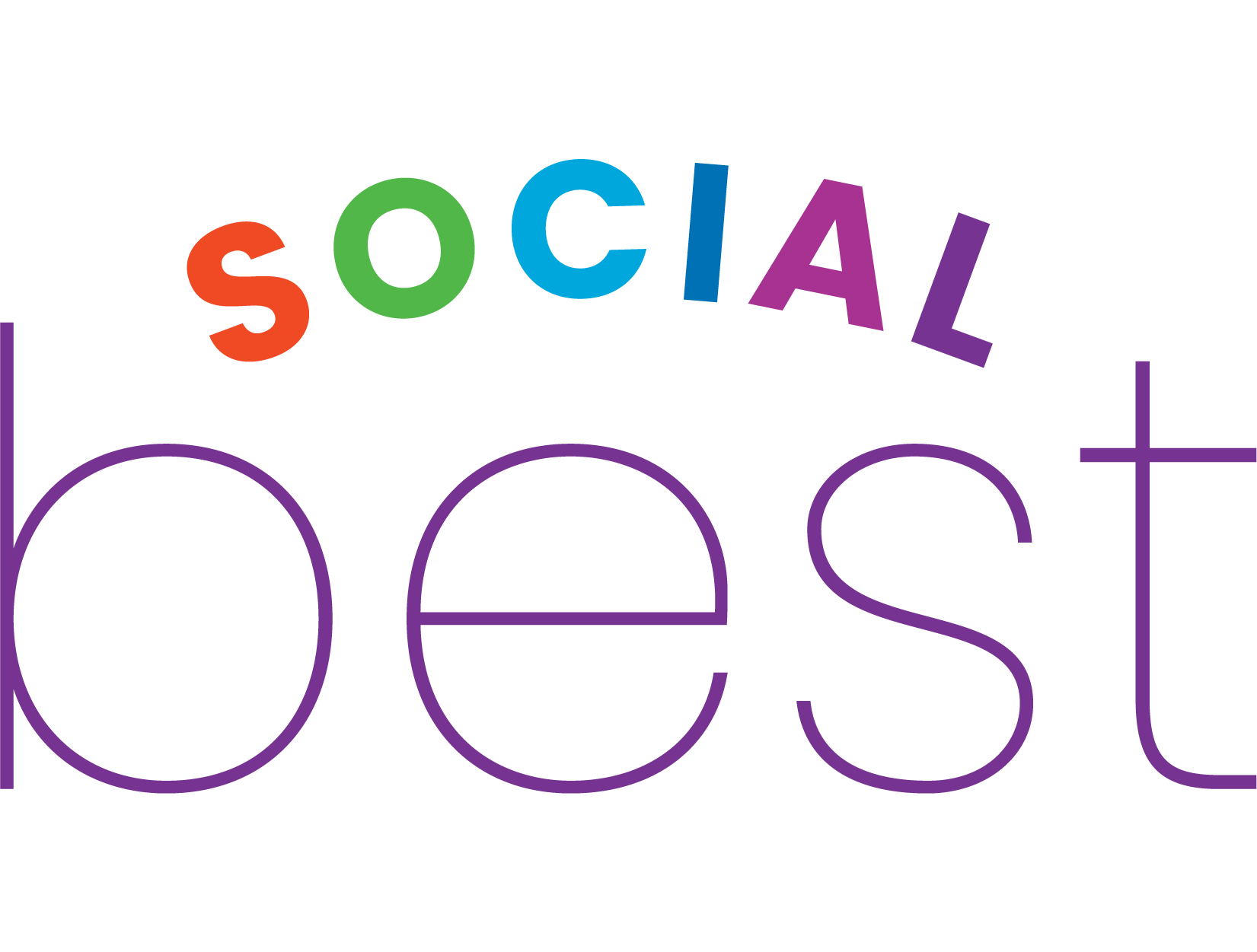Living in a Photoshopped World
As adults, we’re no strangers to advice from older generations who remind us that times have changed, and part of that change is the way we treat each other and our elders. In those days of ‘yore’, youth respected adults, they worked hard, and they didn’t talk back. For talking back came with consequences and most of us wouldn’t dream of pushing the boundaries. Recreational time was limited by chores and duties to the family and the community. These interactions gave children a sense of resilience, respect, and work ethic.
What has changed over the last 40+ years? Technology! It has had the most substantial impact on the way our children’s behavior has formed. The slippery slide to a digital world has become a reality for most parents. Children went from working hard to earn a high mark and striving for a gold star to unrealistic expectations of immediate gratification and consistent rewards thanks to gaming.
Technology isn’t all bad, though. It has changed how we think, do, and feel in different ways. We can quickly access information at our fingertips, which saves us time, but it has also worn down our self-esteem. We are bombarded daily and hourly by images on social media that provide a glimpse into the seemingly blissful lives of others – most of which are all filters and fantasy. We are suckered in to believing the grass is greener in other pastures thanks to the increased use of filters and retouching. Viewing the lives of others on social media makes us envious, even though we are only witnessing the best take on their lives. The day-to-day and uninspiring moments are omitted and only the achievements and envy-inspiring moments are amplified making us feel like we’re missing out on a life we can’t achieve.
What we learn online directly translates to the way we relate offline. A teacher from the TDSB recently shared her concerns for her students stating that due to increased screen time – in class and out, she has noticed a marked change in her students’ behaviors over the years. These changes include shorter attention spans, less ability to retain information or consolidate concepts or skills, lack of executive functioning and a significantly more passive approach to learning. One of her biggest concerns is a growing lack of imagination. They are relying on the excitement and rewards of their digital devices to entertain them instead of allowing them to create and imagine on their own.
Not only have we witnessed an undeniable change in children’s behaviours due to an increased use in technology, but we’ve also noticed that it has impacted their ability to function in the real world. As humans, we thrive on social interaction; however, technology has exposed children to a world of avatars and characters they can hide behind as they engage with others online. But once the screen is removed, they lose their protective masks and struggle to interact in person. They lose the confidence and courage they have online when they are forced to reveal their real selves to their peers and society. At this point, they grapple to develop friendships and they struggle with communication. They crave the safety of their online worlds where life is colourful, fast, filtered, and rapid-fire digital stimulation. In comparison, the real world appears to be a drag.
Parents can play a role in shaping these behaviours before they become too entrenched. If parents don’t interrupt this cycle early on, the cost to our children’s lack of social skills will be detrimental to their future success in life. A lack of social skills will put them at the bottom of their class – both in education and their careers. Life is more about relationships than knowledge, and if we focus only on building their knowledge base through technology and school, they will lack the critical skills that will set them up for life.
The silver lining here is that we have an opportunity to help our kids to form healthy and productive social habits. As has taught us, we thrive on social interaction. This interaction allows our children to develop friendships, communication and collaboration skills and increases confidence. Even during a pandemic, we can still ensure that our children are on the right path, regardless of the obstacles currently in their way. The investment of time and effort now will be the biggest payoff for their future success in social skill development.

This Post Has 0 Comments